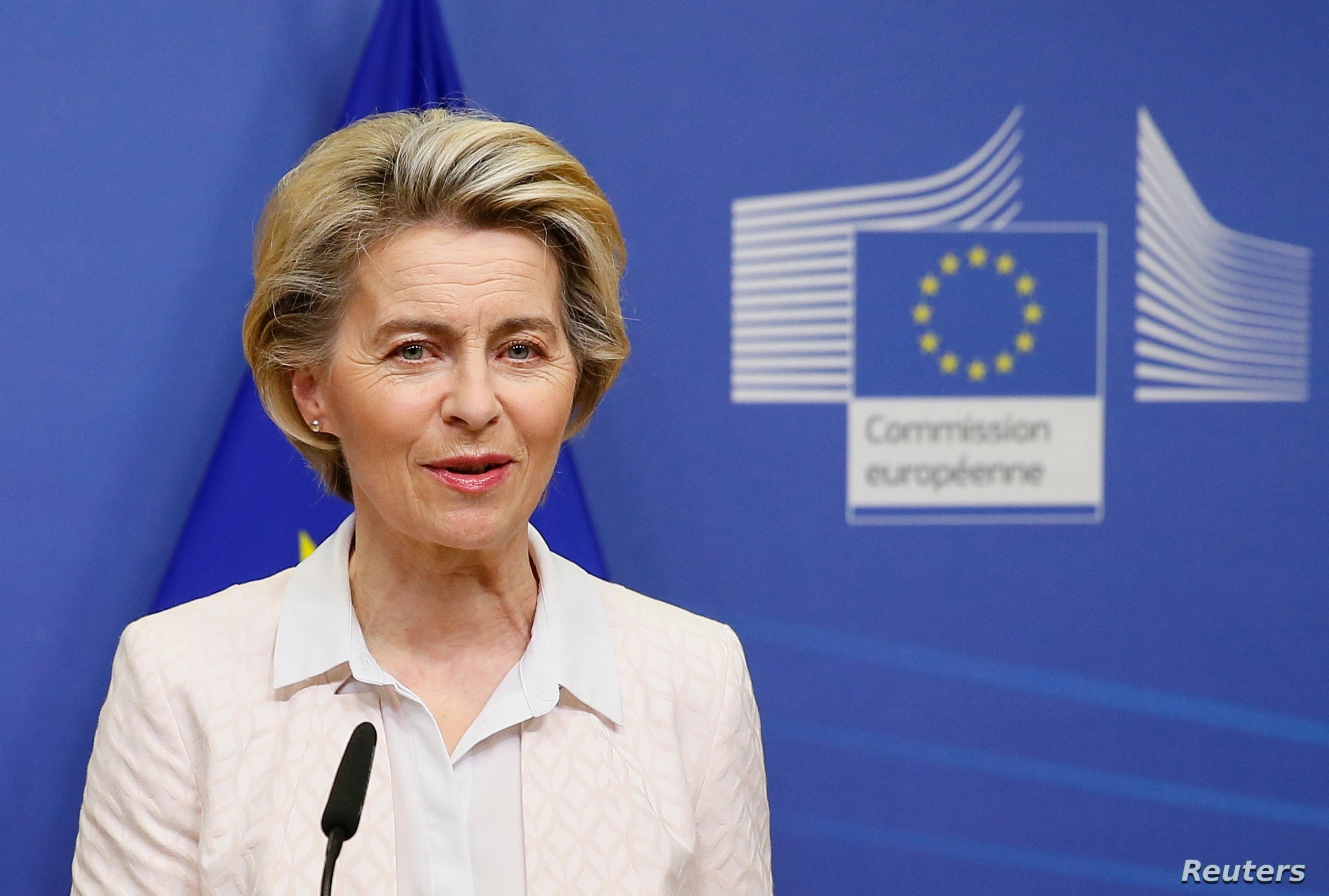5818
0
The EC has proposed to exempt from VAT goods and services provided
The European Commission (EC) on Monday proposed to exempt from value added tax (VAT) goods and services provided during the crisis.

Yazar: Tom Roberts
Yayınlanma: 12 Nisan 2021 22:07
Güncellenme: 3 Mart 2026 01:00
The EC has proposed to exempt from VAT goods and services provided
The European Commission (EC) on Monday proposed to exempt from value added tax (VAT) goods and services provided by the European Commission and EU institutions or agencies to Member States and citizens in times of crisis. The Commission recalled that it draws on the experience gained during the new coronavirus pandemic. During the pandemic, it turned out that the VAT charged on some transactions is ultimately only a cost factor in procurement, which unnecessarily burdens limited budgets. The new EC initiative maximizes the effectiveness of EU funding spent in the public interest in response to crises such as natural disasters and public health threats. The proposal will also strengthen disaster management and crisis management bodies at EU level, including those operating within the EU Health Union or the EU Civil Protection Mechanism. Following the introduction of the new measures, the EC and other EU agencies and bodies will be able to import and purchase goods and services without VAT if these purchases are distributed as part of the emergency response in the EU. Beneficiaries may be Member States or third parties, such as Member States' authorities or institutions (hospitals, national health authorities or disaster response offices). The goods and services covered by the proposed exemption include, for example: diagnostic tests and test material and laboratory equipment; personal protective equipment such as gloves, respirators, drapes, coats, disinfectants and equipment; tents, camping beds, clothing and food; search and rescue equipment, sandbags, life jackets and inflatable boats; antimicrobial substances and antibiotics, antidotes against chemical threats, products for treatment of radiation injuries, antitoxins, iodine tablets; blood products or antibodies; radiation measuring devices; development, production and procurement of necessary products, research and innovation activities, creation of strategic product reserves, pharmaceutical licenses, quarantine facilities, clinical trials and disinfection of premises. EU Economic Commissioner Paolo Gentiloni said in this context that the EU COVID-19 pandemic had taught that these types of crises had a far-reaching impact on society. "A rapid and effective response is essential, and we should prepare the best possible response to prepare for the future. The new proposal will help the Union respond better to crises and emergencies and maximize the financial impact of emergency aid at EU level in the fight against against the pandemic and in support of reconstruction, "the commissioner explained. The legislative proposal amending the VAT Directive will be submitted to the European Parliament for an opinion and to the EU Council for adoption. Member States have until 30 April to adopt and publish the laws, regulations and administrative provisions necessary to comply with this Directive.İLGİLİ HABERLER





European stocks soared and focus shifted to German retail sales after Powell's speech!

Forex Signal For TRY/USD: Inflation Slowdown in November.

Forex Signal For GBP/USD: Bullish Trend Still Not Breaking While Recovery Continues.

Forex Signal For EUR/USD: Starry US Data Points to Higher Fed Increases.

Forex Signal For BTC/USD: Downside Continues as Bitcoin Recovery Moves Less.
En Popüler Haberler
Yorum Yap
Yorumlar
Henüz yorum yapan yok! İlk yorumu siz yapın...